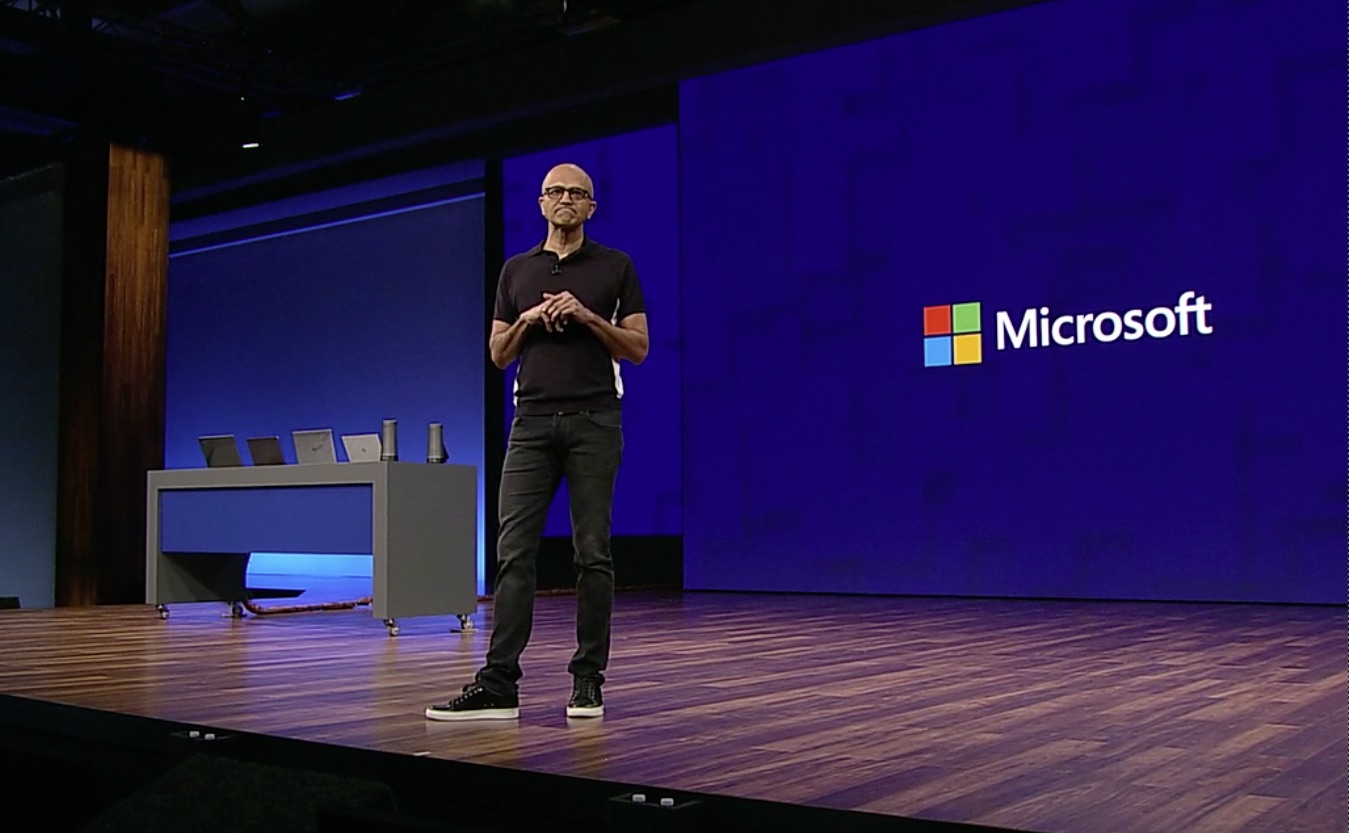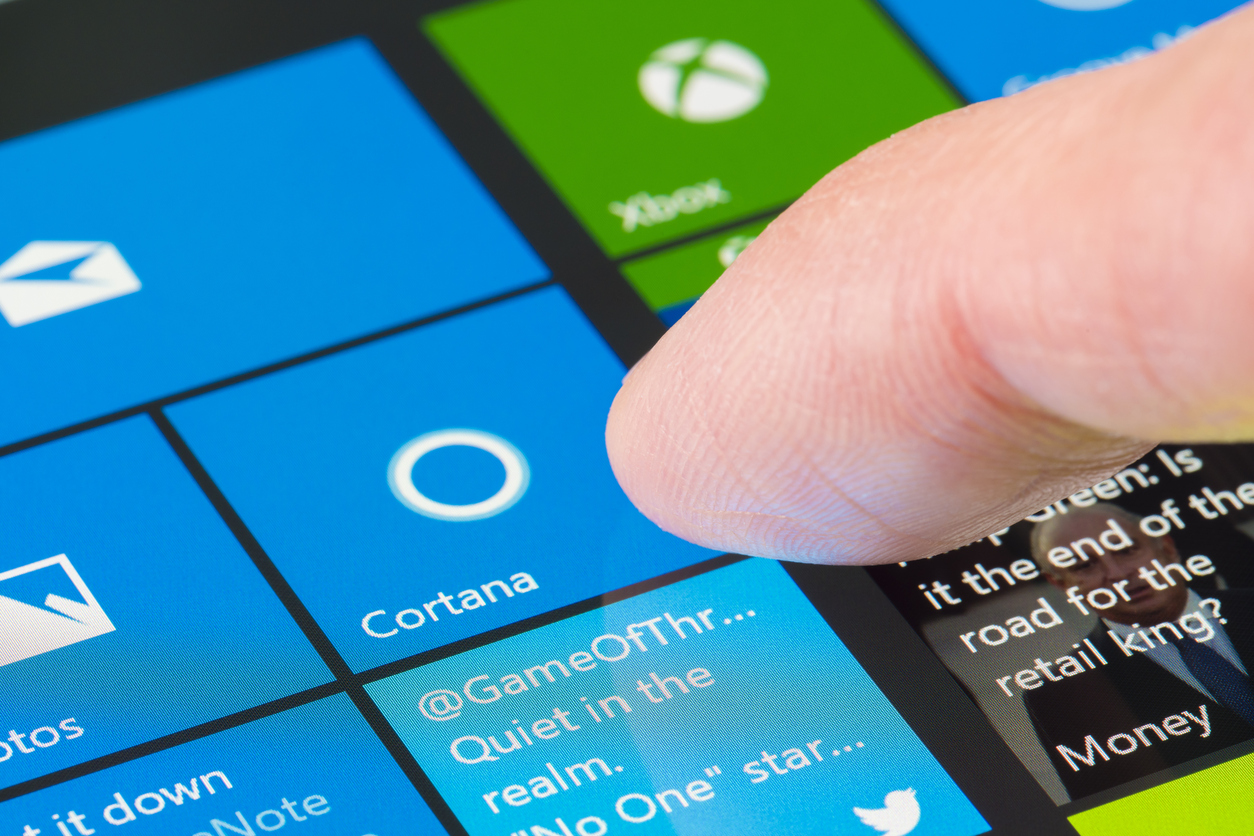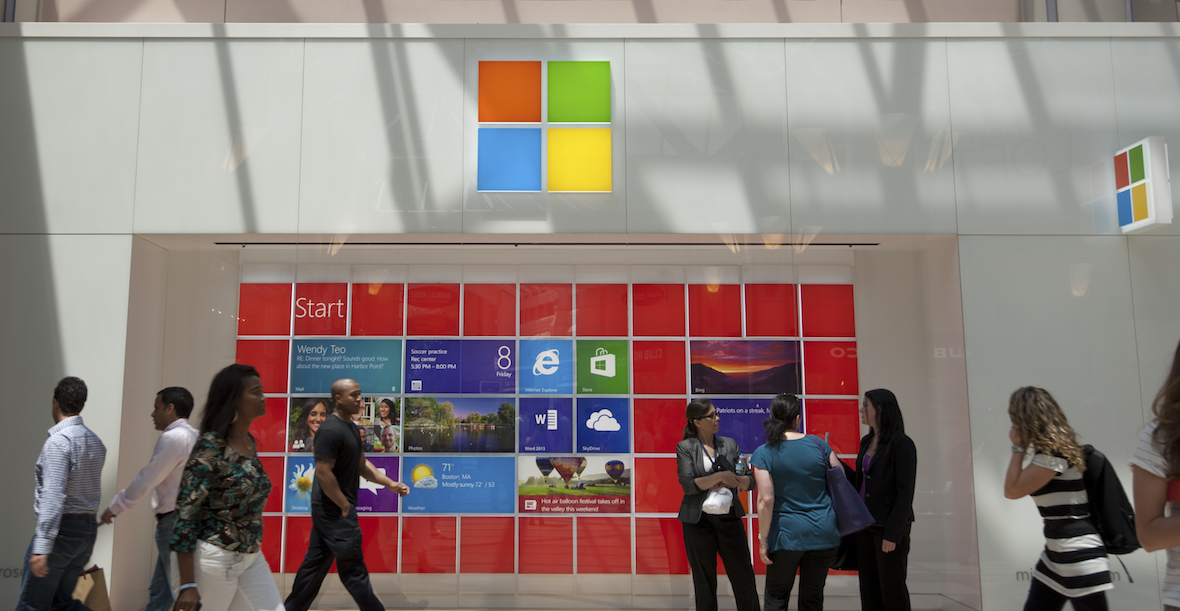What Happened
After over a month of delay, Microsoft finally launched the Cortana Skills Kit in a public preview earlier today at its 2017 Build developer conference. This SDK will allow third-party developers to build new skills or convert conversational experiences from the ones made for Amazon’s Alexa or Microsoft’s new Bot Framework. In addition, the company also announced that it is working with HP and Intel to create Cortana-powered smart speakers and other smart home devices.
At its Build event, Microsoft also shared some usage statistics on its products. According to the company, its latest operating system Windows 10, which ships with Cortana embedded, is now active on 500 million devices worldwide, while Cortana currently enjoys 141 million monthly active users. There are currently 130,000 developers using its Bot Framework, a sizeable increase from the 46,000 developers it had in September.
What Brands Need To Do
Being a bit late to the party, Microsoft has a long way to go to catch up with Amazon and Google, but this SDK launch is undoubtedly a step in the right direction. (Alexa, currently leading the race of digital voice assistants, now has over 10,000 third-party skills available.) As voice-based personal assistants like Alexa and Cortana continue to take over as the default interactive layer of smart home devices, brands wishing to tap into the marketing potential of the smart home devices will have to keep a close eye on this development.
How We Can Help
The Lab has extensive experience in building Alexa Skills and chatbots to reach consumers on conversational interfaces. So much so that we’ve built a dedicated conversational practice called Dialogue. The “Miller Time” Alexa Skill we developed with Drizly for Miller Lite is a good example of how Dialogue can help brands build a conversational customer experience, supercharged by our stack of technology partners with best-in-class solutions and an insights engine that extracts business intelligence from conversational data.
If you’d like to learn more about how to effectively reach consumers on conversational interfaces, or to leverage the Lab’s expertise to take on related client opportunities within the IPG Mediabrands, please contact our Client Services Director Samantha Barrett ([email protected]) to schedule a visit to the Lab.



